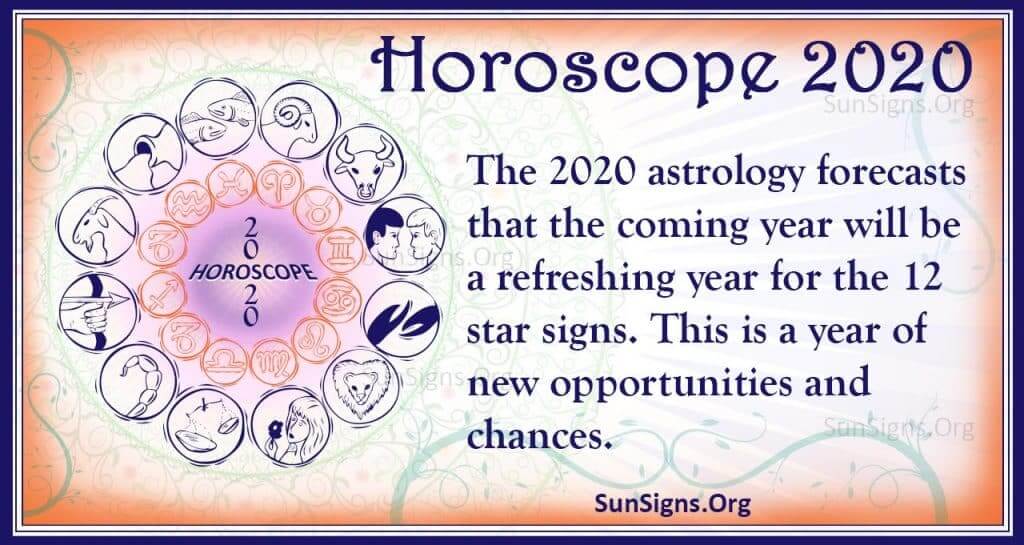We have a very, very strong predisposition to notice regularities in nature and the world, to the extent that we see more than there are. There are good evolutionary reasons for this, in short a false positive is less risky than failure to observe a truth. Horoscopes walk a fine line, and, for many people, an appealing one. Astrologers might agree. But really, at the end of the day, are horoscopes doing more harm than good, or more good than harm?
It all depends on whom you ask and, of course, on the appropriateness of the advice being given. It is also an insult to the science of psychology and the richness of human personality. I should have said that this new age drivel is undermining the very fabric of our civilization. At their heart, horoscopes are a way to offset the uncertainty of daily life. And people hate doing nothing. Continue or Give a Gift. Privacy Terms of Use Sign up. SmartNews History.
Predict My Future
History Archaeology. World History. Science Age of Humans. Future of Space Exploration. Human Behavior. Our Planet. Earth Optimism Summit. Ingenuity Ingenuity Awards. The Innovative Spirit.
Featured: The Best Books of Travel Virtual Travel. Travel With Us. At the Smithsonian Visit.
Your Sign's 2020 Horoscope Predictions Are Here
New Research. Curators' Corner.
- virgo weekly horoscope 17 january.
- Daily Career Horoscopes.
- 13 march horoscope for scorpio.
- aquarius love horoscope february 24 2021.
Ask Smithsonian. There was a boom in interest in astrology in the late s. The sociologist Marcello Truzzi described three levels of involvement of "Astrology-believers" to account for its revived popularity in the face of scientific discrediting. He found that most astrology-believers did not claim it was a scientific explanation with predictive power.
Instead, those superficially involved, knowing "next to nothing" about astrology's 'mechanics', read newspaper astrology columns, and could benefit from "tension-management of anxieties" and "a cognitive belief-system that transcends science. They were much younger than those at the first level, and could benefit from knowledge of the language of astrology and the resulting ability to belong to a coherent and exclusive group.
Horoscope predictions | Predict my future for free
Those at the third level were highly involved and usually cast horoscopes for themselves. Astrology provided this small minority of astrology-believers with a " meaningful view of their universe and [gave] them an understanding of their place in it. In , the sociologist Theodor W. Adorno conducted a study of the astrology column of a Los Angeles newspaper as part of a project examining mass culture in capitalist society.
The comparable percentage has not been this low since In India, there is a long-established and widespread belief in astrology. It is commonly used for daily life, particularly in matters concerning marriage and career, and makes extensive use of electional , horary and karmic astrology. On February , the Bombay High Court reaffirmed astrology's standing in India when it dismissed a case that challenged its status as a science. In Japan , strong belief in astrology has led to dramatic changes in the fertility rate and the number of abortions in the years of Fire Horse.
Adherents believe that women born in hinoeuma years are unmarriageable and bring bad luck to their father or husband. In the fifteenth century, references to astrology, such as with similes , became "a matter of course" in English literature. In the sixteenth century, John Lyly's play, The Woman in the Moon , is wholly motivated by astrology, [] while Christopher Marlowe makes astrological references in his plays Doctor Faustus and Tamburlaine both c. In seventeenth century Spain, Lope de Vega , with a detailed knowledge of astronomy, wrote plays that ridicule astrology.
In his pastoral romance La Arcadia , it leads to absurdity; in his novela Guzman el Bravo , he concludes that the stars were made for man, not man for the stars. The most famous piece of music influenced by astrology is the orchestral suite The Planets. Written by the British composer Gustav Holst — , and first performed in , the framework of The Planets is based upon the astrological symbolism of the planets. The composer Colin Matthews wrote an eighth movement entitled Pluto, the Renewer , first performed in From Wikipedia, the free encyclopedia. This article is about the pseudoscience associated with celestial objects.

For other uses, see Astrology disambiguation. Not to be confused with astronomy , the scientific study of celestial objects. Pseudoscience claiming celestial objects influence human affairs. Main article: History of astrology. See also: Babylonian astrology. Main article: Hellenistic astrology. Main article: Hindu astrology. Main article: Astrology in medieval Islam. See also: Christian views on astrology. Further information: Chinese zodiac. See also: Christian views on astrology , Jewish views on astrology , and Muslim views on astrology.
Main article: Astrology and science. Main articles.
Choose Your Zodiac Sign
Death and culture Parapsychology Scientific literacy. James [] : Mars, the Bringer of War. Venus, the Bringer of Peace. Mercury, the Winged Messenger. Jupiter, the Bringer of Jollity. Uranus, the Magician. Oxford Dictionary of English. Oxford University Press. Retrieved 11 December Merriam-Webster Dictionary.
Merriam-Webster Inc. The Blackwell Dictionary of Western Philosophy. Mesopotamian astrology: an introduction to Babylonian and Assyrian celestial divination.
Copenhagen: Museum Tusculanum Press. Foreword, The cosmic perspective 4th ed.
2021 Horoscope For Each Zodiac Sign: Time To Be Hopeful Again
Biswas, D. Mallik, C. Bappu 1. Cambridge, England: Cambridge University Press. Asquith, ed. Dordrecht: Reidel.
- scorpio february 2021 health horoscope.
- astrology libra quotes.
- 2021 Horoscopes.
National Science Foundation. Archived from the original on 1 February Retrieved 2 August About three-fourths of Americans hold at least one pseudoscientific belief; i.
